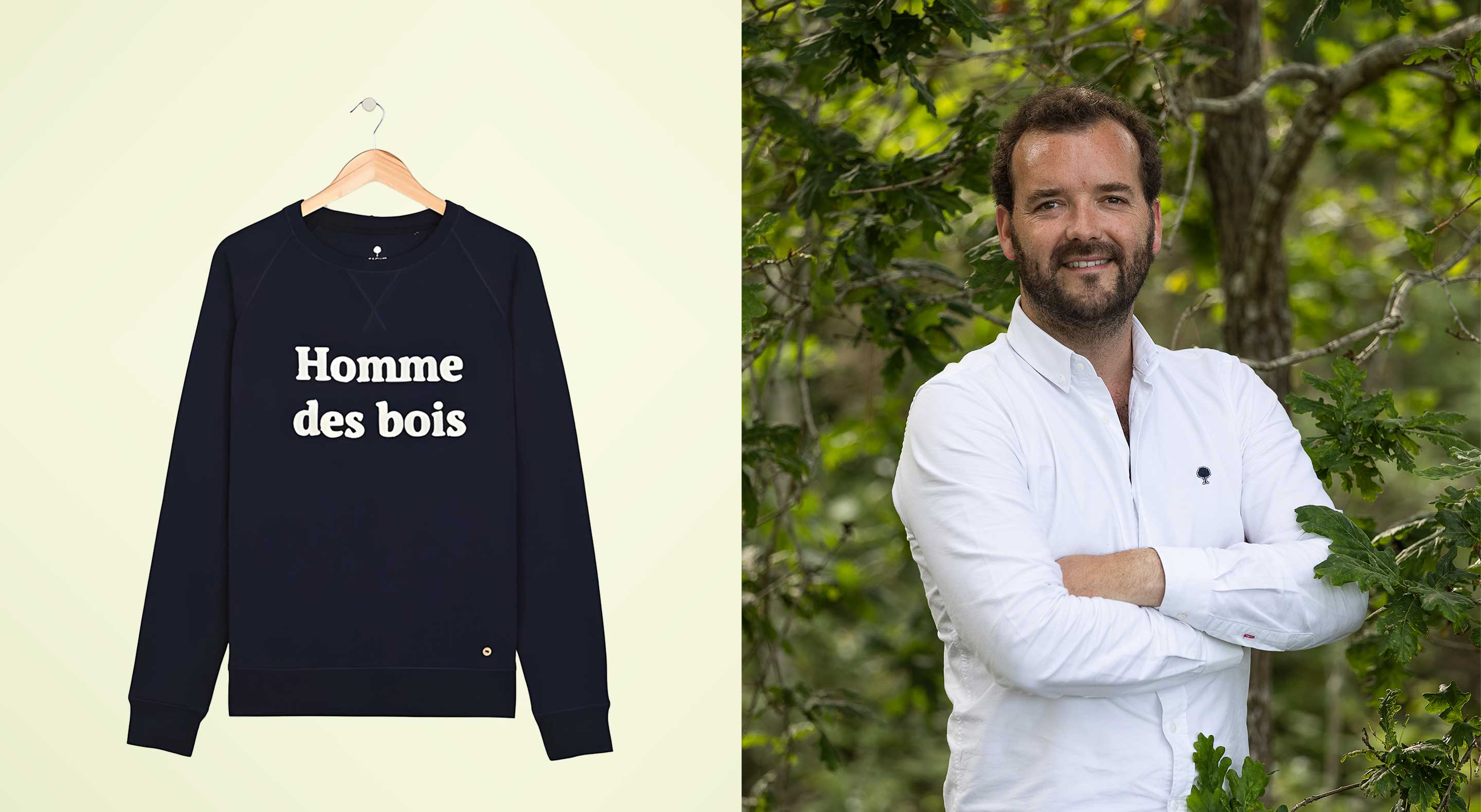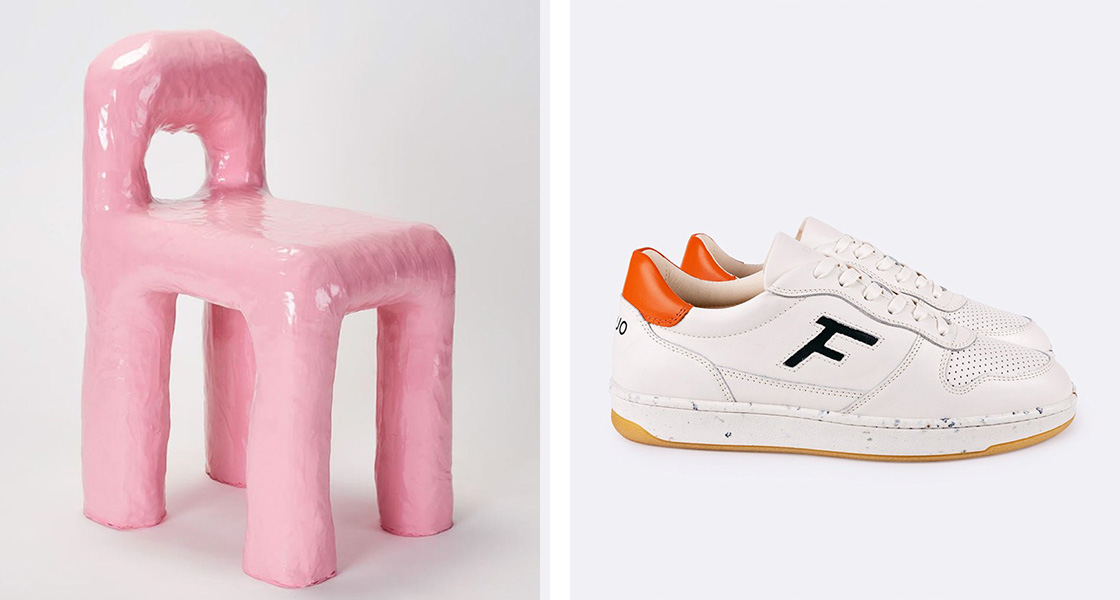Faguo, do less but better
Published on 4 March 2024

Despite being intent on encouraging their generation to make a stand against pollution, before their first-ever trainer hit the market Faguo’s founders suddenly realised it actually had a pretty high carbon footprint. How could they get (back) on track to launch the trainer of the future?
THE BACKGROUND STORY
Faguo put down roots in Nantes after leaving Paris a decade ago, and is a shining example of ethical fashion à la française. That is primarily down to its products, which are made from 80% recycled materials (wool made from oyster shells, rubber extracted from old tennis balls), but also down to the way in which the business is run, with the workforce being encouraged to travel by bike and to work on second-hand laptops. Back in 2009, when business partners Nicolas Rohr and Frédéric Mugnier graduated from business school, they were keen to turn the trainer industry on its head. Which is precisely what they did! Fast-forward to today, and trainers account for just 35% of Faguo’s overall revenue, with the remainder being generated by clothing and bags. The firm currently has fourteen stores in Paris, some forty across France and a total of three hundred stockists. Pretty modest for a firm that’s been around for fifteen years, but that’s because what’s important to them is growing the business in-line with their values. They travel by boat, plant a tree each time a product is purchased, and build eco-friendly stores with the help of responsible suppliers, some of whom they first met at Maison&Objet Paris, such as Le Pavé® and Pierre Plume.
THE ROCKY START
Nicolas Rohr : “We wanted to make sure we were generating the least CO2 possible, so we commissioned a provisional carbon footprint audit. It was a first for us, and we were immensely proud of ourselves. But the results were a total shock. Transport generated just 10% of our emissions, and our IT systems less than 1%. It turned out that most of our pollution was coming from our products themselves! We had to go back to the drawing board and find a solution that used recycled materials. Fifteen years ago I was a fresh-faced 22-year-old, and trying to convince manufacturers to use waste products was unforgettable to say the least. People thought we were out of our minds.”

THE TURNING POINT
Nicolas Rohr : “That seismic early fail actually turned out to be a good thing, because everyone started talking about us, which sparked a huge demand for our products. Meeting Fleux proved to be a truly decisive moment, as it opened the doors to the retail world and enabled us to get a feel for the interior design sphere, notably through Maison&Objet Paris. It was whilst at the trade fair that we had our lightbulb moment and realised that interior design trends filtered through into fashion. Today, people choose their clothes in the same way they style their interiors. They buy trainers that look good with a throw, a water bottle or a lamp. What we love about the Maison&Objet ecosystem is that it allows us to deliver a harmonious style. We first exhibited at the trade fair the year we set up the firm. We truly embrace the Maison&Objet vision, because it’s a vision we share.
“Embrace conscience-driven design” “Look beyond design to establish a usp”
THE MORAL OF THE STORY
Nicolas Rohr : “The problem we faced at the start inspired us to encourage consumers to be responsible but in a fun way. The biggest challenge isn’t creating environmentally friendly products but appealing products, so that everyone can be a more responsible consumer without even having to try. Style is everything, because that’s what initially attracts clients, but then ultimately they’re delighted to be wearing clothes that generate between 40% and 90% less CO2 than other brands. Today, you can’t simply focus on design. You need to be conscience-driven so that consumers can treat themselves to less but better.”